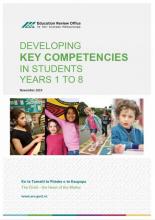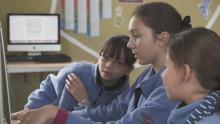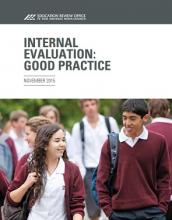Te Whāriki (2017): Awareness Towards Implementation
ERO’s final report in the Te Whāriki series summarises the findings of previous reports and includes the last two focus areas for the curriculum – how services decide ‘what learning matters here’ and how well they were developing learning-focused partnerships with parents and whānau.

















